In the consumer reporting industry, there is no room to cut corners. The information gathered and used by consumer reporting agencies (CRAs) can greatly impact fundamental areas of an individual’s life, such as employment, residential rental housing, insurance, and credit decisions.
Background screenings are intended to be an extra measure of security against potential risks to a business, not the other way around.
Why Inclusive Background Data Matters
Hiring managers are already faced with a handful of challenges when looking to bring new employees into their organization, and they do not want a potential lawsuit due to inaccurate, outdated, missing, or invalid information.
Also, with rising housing crises, individuals cannot risk denial of residence due to incorrect circumstances. This puts even more stress on accurate background screenings and inclusive data records.
Considering that the heavy burden to confirm this information is predominantly on the consumer reporting agencies, it is imperative to utilize high-quality background data.
However, discovering deep data insights is not as straightforward as it appears to be. With thousands of various deviating reporting methods in use, it creates the issue of non-homogeneous complex data sets.
Due to this, it can be incredibly time-consuming to properly extract valuable information and organize it to be readily accessible. Luckily, this elaborate has become faster and more accurate with automation.
The 4 Pillars of Inclusive Background Data Records
Automation has helped improve the background screening process to be more efficient by reducing turnaround times and human error in information reports.
Get data straight from the source with automated records to lessen the chance of human bias and error in reporting.
Using innovative automated retrieval can help enhance the four main pillars to ensure maximum possible accuracy in background screening data.
Pillar 1: Using Up-to-Date Criminal Records
In alignment with the Fair Credit Reporting Act (FCRA), information must be reviewed periodically and updated, as necessary.
Under the FCRA, non-convictions are reportable for up to seven years from the filing date. Having the most up-to-date data is critical since records past the lookback period are not admissible past then.
Ensuring reports are not missing new records because of an outdated source is another key element for comprehensive consumer reporting. Criminal acts, evictions, and lawsuits that happened most recently can be better indicators of a person’s current risk level.
It is imperative that data is always refreshed to ensure outdated information isn’t being considered and new information is not going unnoticed.
Pillar 2: Extensive Source Coverage
Getting access to this pertinent background data can be quite a challenge as it is scattered across the nation. With almost 4 million square miles of land and over 320 million people, there are thousands of sources to retrieve criminal, civil, and personal data from.
Some sources are not as easily accessible due to the various federal, state, and county-level court hoops data vendors have to jump through to retrieve records. Guaranteeing complete coverage is nearly impossible but consumer reporting agencies can get as close as possible by using thorough solutions and complementary products.
Pillar 3: Completeness of Records
The FCRA requires key consumer identifiers such as name(s), date of birth, Social Security Number, telephone number(s), or address(es) be used to confirm that the individual’s search report is indeed that person. Criminal records and other personal data can provide more than 20 personal identifiers to make this process simple.
The more matching personal identifiers a record has, the more confidently consumer reporting agencies can confirm that it corresponds with the individual being searched. Having complete records helps CRAs feel more confident in their decisions.
Pillar 4: Information Reliability and Turnaround Time
Background checks rely heavily on data providers to present consistent, valid, and dependable information for searching important information in regards to associated people risk. It is crucial that the data search is accurate and timely returned because the permissible purposes for consumer reporting can have considerable effects on the individual.
Some examples include credit transactions, employment, insurance underwriting, and tenant screening. If the information is not returned quickly, job applicants could accept a job elsewhere. On the other hand, if the information is not accurate a tenant could be denied a place to live based on false pretenses.
Finding Full-Scope Background Screening Insights
Tessera Data™ is a united provider for an immense line of data solutions to make consumer reporting more manageable and efficient.
Search from Tessera’s full-scope background check solutions:
- Alias and Address History
- Automated Criminal Records
- Continuous Monitoring
- Criminal Database
- Driver History
Find out how you can make it easier to find the data necessary to perform better, faster, and more accurate background checks by learning more about Tessera’s available products.




